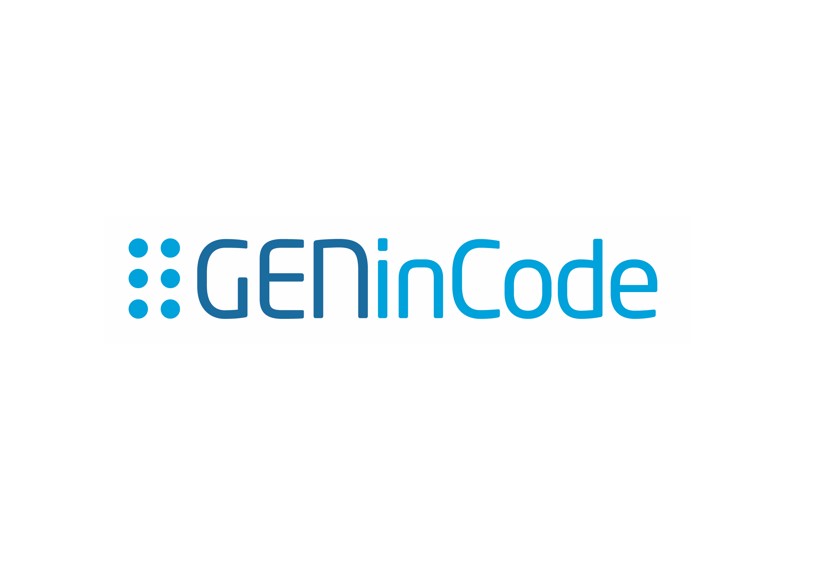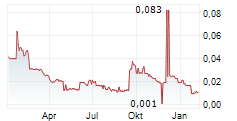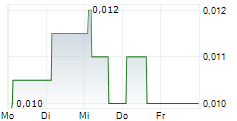CARDIO inCode-Score Genetic Risk Influences Cholesterol Risk and Prediction of Coronary Heart Disease
IRVINE, CA / ACCESS Newswire / October 28, 2025 / GENinCode, the predictive genetics company focused on prevention of cardiovascular disease ("CVD"), announces the publication of a major clinical study in JACC: Advances evaluating its CARDIO inCode-Score Polygenic Risk Score ("PRS") for coronary heart disease ("CHD"). The study (https://share.google/nQwFO73QgGTiRqK45), was conducted at Kaiser Permanente's Departments of Research and Cardiology in Pleasanton and Oakland. CA.

Study Overview
The study followed over 47,000 individuals of diverse ancestry for 14 years, analysing the relationship between low-density lipoprotein cholesterol (LDL-C) and polygenic risk for CHD. Participants were assessed for incidence of CHD events including myocardial infarction.
CARDIO inCode-Score was used to quantify each participant's inherited CHD risk and whether the effect of LDL-cholesterol on CHD risk was modified by an individual's underlying genetic risk.
Key Findings
The results demonstrated polygenic risk significantly influences the relationship between LDL-cholesterol and CHD, with the combination of elevated LDL-C and high PRS conferring substantially greater risk supporting its use in clinical decision-making and preventive care.
Individuals with high polygenic risk experienced a 75% increase in CHD risk at LDL-C levels as low as 100 mg/dL (Hazard Ratio: 1.75).
At LDL-C levels of 130-160 mg/dL, risk increased more than twofold (HR: 2.1).
The combination of a high PRS and LDL-C of 190 mg/dL or higher was associated with a greater than 3.5-fold increase in CHD risk, comparable to the risk observed in patients with heterozygous familial hypercholesterolemia (FH).
Clinical and Preventive Implications
The study underscores the critical role that integrating genetic data with clinical assessments can play in revolutionising cardiovascular risk stratification and prevention and guide earlier intervention in at-risk populations. Individuals with high genetic risk may benefit from more proactive lipid management and lifestyle or therapeutic intervention, even at LDL-C levels traditionally considered low or moderate.
By integrating PRS assessment into existing clinical pathways, healthcare providers can more accurately identify individuals at heightened lifetime risk of CHD and personalise prevention strategies. This can reduce the incidence of severe cardiovascular events, such as heart attacks and stroke and mitigate the economic costs associated with long-term heart disease care. The findings represent a significant step toward improving public health outcomes, particularly in addressing the global burden of cardiovascular disease.
Dr. Richard Kovacs, Q.E. and Sally Russell Professor of Cardiology at IUSOM and Chief Medical Officer of the ACC and Past President of the ACC said: "These results provide further compelling clinical evidence for the inclusion of polygenic risk scores (PRS) in conjunction with clinical risk for improved risk assessment of CHD. The polygenic risk score is especially important in relation to patients clinically classified at borderline/intermediate risk and younger patients with a family history of CHD. The recent scientific statements and acknowledgment of the value of PRS by the American College of Cardiology and American Heart Association is also welcome."
Contact Information
Matthew Walls
CEO
mwalls@genincode.com
00447887501998
SOURCE: GENinCode US inc
View the original press release on ACCESS Newswire:
https://www.accessnewswire.com/newsroom/en/biotechnology/publication-of-landmark-study-in-jacc-advances-1092551


